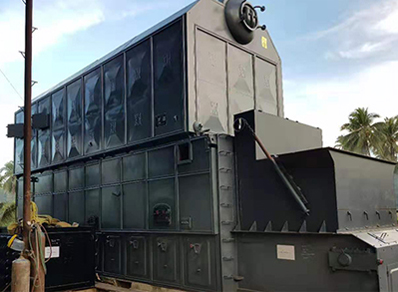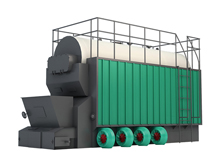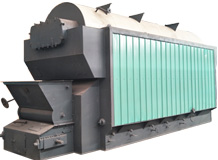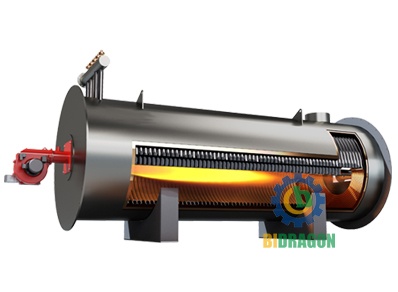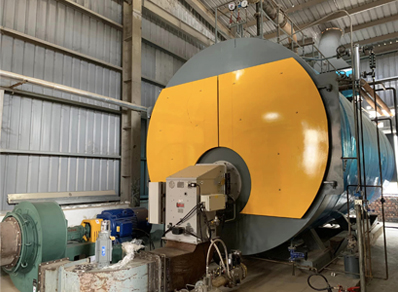
Advantages and Benefits of Thermal Oil Boiler

Thermal Oil Boilers work by burning fuel (oil, gas, or electricity) to heat a coil. The coil is surrounded by thermal oil, which absorbs the heat from the combustion gases. The heated thermal oil is then pumped through a closed-loop system to the process or application that requires heat.
Thermal oil boilers have a number of advantages over traditional steam boilers, including:
1.They can operate at higher temperatures and lower pressures, which can be beneficial for some industrial processes.
2.They are more efficient than steam boilers, meaning that they can produce more heat with less fuel.
3.They are less corrosive than steam boilers, which can extend their lifespan.
However, thermal oil boilers also have some disadvantages, including:
1.They are more expensive than traditional steam boilers.
2.They require more maintenance.
3.The thermal oil can be flammable, so safety precautions must be taken.
Overall, thermal oil boilers are a versatile and efficient heating system that can be used in a variety of industrial applications.
Here are some of the specific applications of thermal oil boilers:
Plastic and rubber processing
Food and beverage processing
Textile manufacturing
Wood processing
Metalworking
Pharmaceutical manufacturing
Waste heat recovery
If you are looking for a high-temperature, low-pressure heating system for your industrial application, a thermal oil boiler may be a good option.

